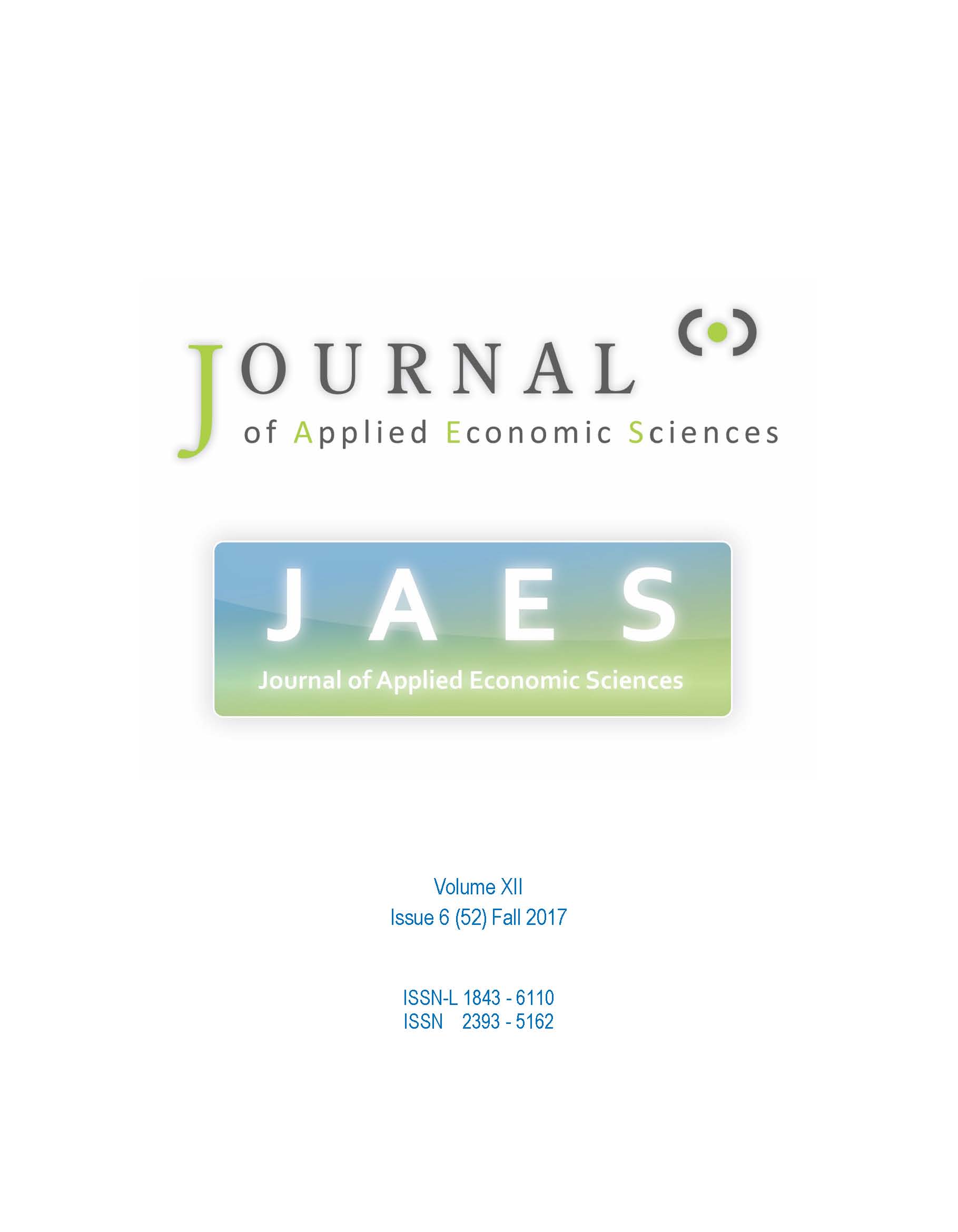Examining the Nigerian Stock Market Efficiency: Empirical Evidence from Wavelet Unit Root Test Approach
Examining the Nigerian Stock Market Efficiency: Empirical Evidence from Wavelet Unit Root Test Approach
Author(s): Adedoyin Isola Lawal, Tony Ikechukwu NWANJI, Ibrahim Joseph Adama, Adegbola O. OTEKUNRINSubject(s): National Economy, Financial Markets
Published by: Reprograph
Keywords: efficient market hypothesis; wavelet unit root test; random walk; mean reversion; Nigeria;
Summary/Abstract: This study examines the Efficient Market Hypothesis (EMH) using data sourced on monthly bases on the Nigerian Stock Market. We employed recently developed frequency domain wavelet-based unit root test as well as two-time domain unit root tests that accommodates structural breaks. The results show that when frequency domain was factored into stock market efficiency framework for the Nigerian stock market, evidence abound to reject the null hypothesis, whereas no evidence not to do so with conventional time domain estimation techniques. The study recommends that investors should take advantage of the arbitrage opportunity that exist in the market; and that policy makers should see the stock market as a good platform that can aid economic growth as its vibrant arbitrage activities can attracts substantial fund for economic growth.
Journal: Journal of Applied Economic Sciences (JAES)
- Issue Year: XII/2017
- Issue No: 52
- Page Range: 1680-1689
- Page Count: 10
- Language: English

